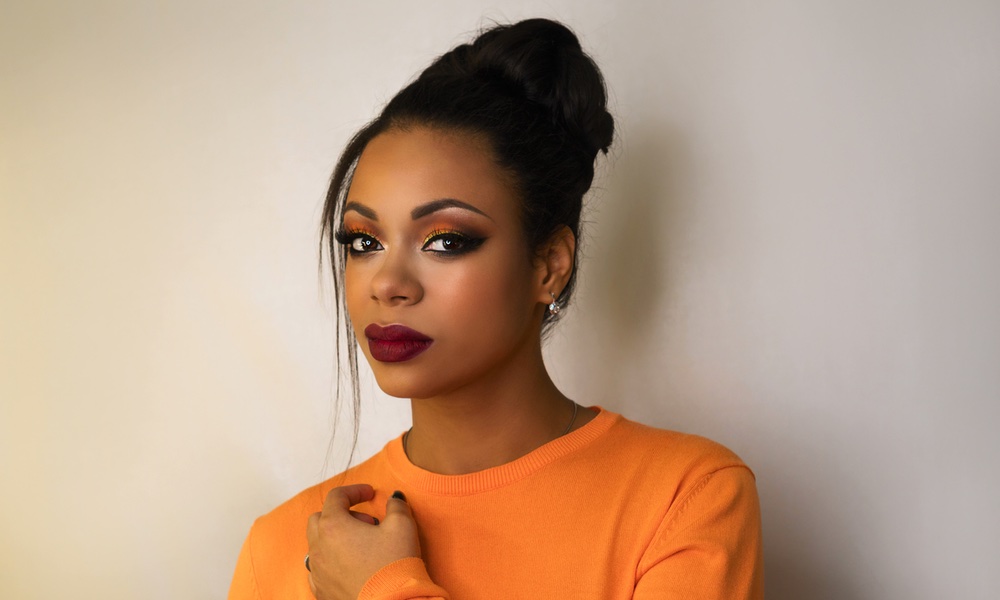African American women are more likely than white women to be diagnosed with aggressive breast cancer, and to die following a breast cancer diagnosis. So while it is critical to understand modifiable risk factors for the disease, it is especially important to understand those that may contribute to racial disparities.
Women of different ethnicities use hair dye, and both black and white women use chemical treatments designed to permanently straighten or relax their hair. Dyes and straighteners contain aromatic amines and formaldehydes, endocrine-disrupting chemicals linked to or known to cause cancer, including breast cancer.
Findings on the association between hair dye and breast cancer have been inconsistent, and few studies have looked at the link between straighteners and breast cancer. So researchers from the University of North Carolina and the National Institutes of Health (NIH) researched the association between the use of hair dye and hair straightener and the risk of developing breast cancer in a large group of women.Women who used a chemical to straighten their hair had a higher risk of breast cancer, regardless of race.
The team analyzed data from over 47,500 black and white women between the ages of 35 and 74 enrolled in the Sister Study, a prospective study of women who had at least one sister with breast cancer, but had no history of breast cancer themselves. The study took place over six years.
Participants filled out a questionnaire that included questions about their use of hair products over the last 12 months when they enrolled in the study. Fifty-five percent reported they used permanent hair dye, and those women had a nine percent greater risk of developing breast cancer than those who had not used it.
Over the roughly eight-year follow-up period, nearly 2800 participants developed breast cancer. Women who had used permanent hair dye in the year prior to study had a 45 percent greater risk of breast cancer if they were African American and were seven percent more likely to develop breast cancer if they were Caucasian.Dyes and straighteners contain endocrine-disrupting chemicals linked to or known to cause cancer.
African American women were more likely to use hair straightener, and this raised their risk of developing breast cancer. Even helping another woman to apply semipermanent hair dye or straightener was associated with an increased risk of breast cancer among African American and Caucasian participants.
It is too early to make a recommendation about the use of hair dyes and straighteners, Dale Sandler, one of the authors of the study and chief of the epidemiology branch of the NIH National Institute of Environmental Health Sciences, said in a statement. “We are exposed to many things that could potentially contribute to breast cancer, and it is unlikely that any single factor explains a woman’s risk,” she said. And while the results are interesting, she cautions that they need to be replicated in other studies. Differences in ethnicity and tumor subtypes (estrogen receptor-positive and estrogen receptor-negative) are other possible areas for future research.
The study is published in the International Journal of Cancer.





